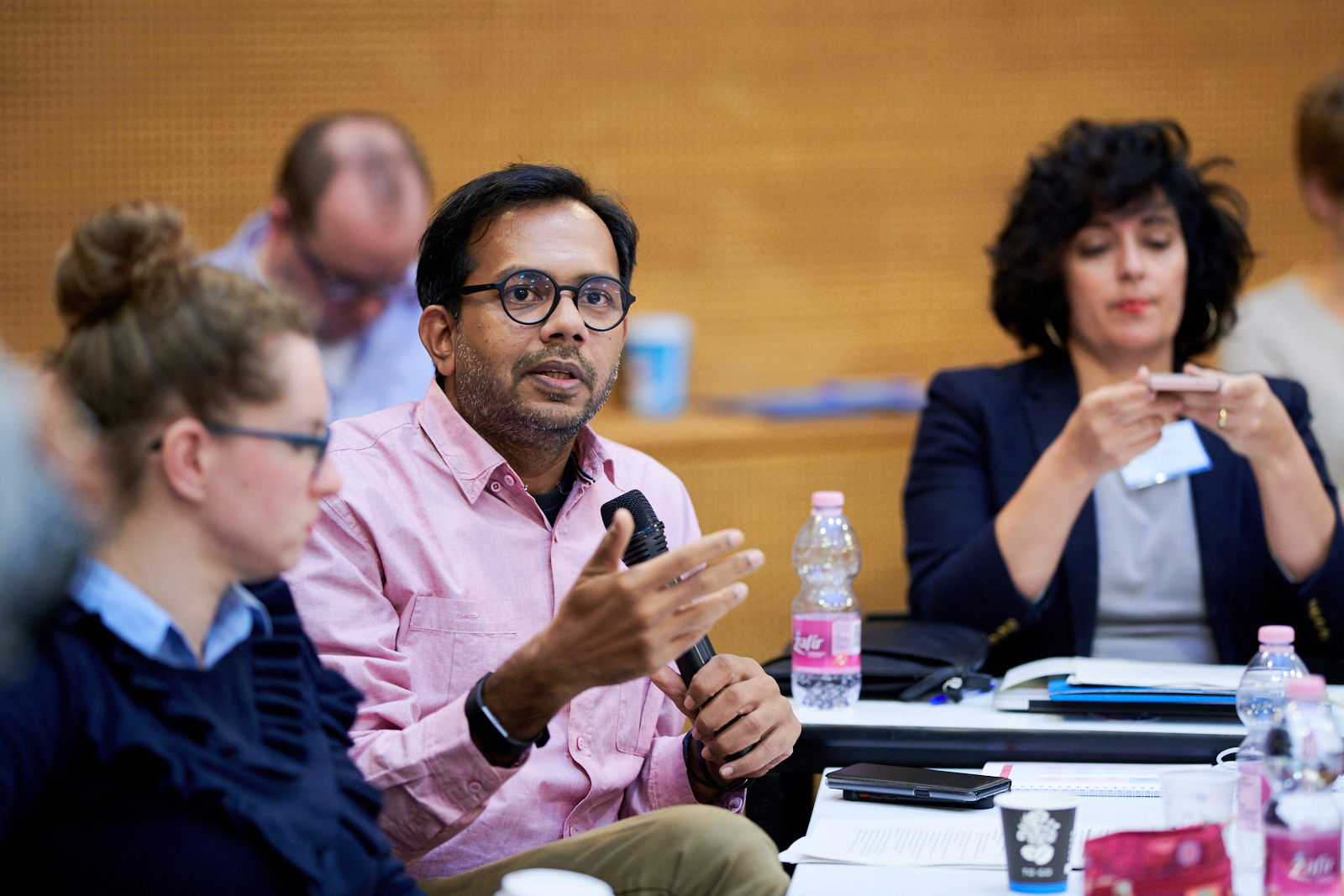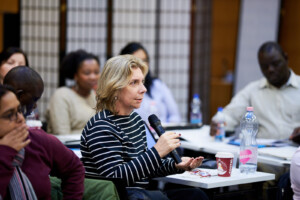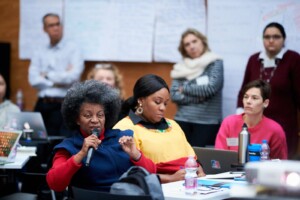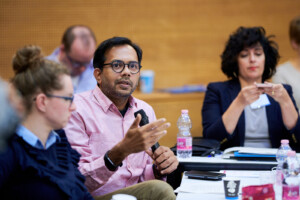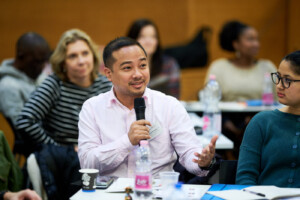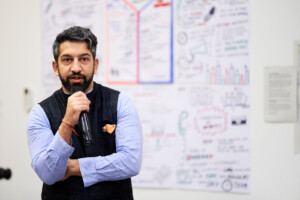The theme for the 2018 Legal Empowerment Leadership Course was “Designing Effective Legal Empowerment Programs”
Held in partnership with Central European University, Open Society Justice Initiative, and Robert L. Bernstein Institute for Human Rights at New York University School of Law, the course brings together outstanding practitioners, researchers, and government officials from all over the world. Our goal is to cultivate a global cadre of leaders who are committed to legal empowerment and connected with each other.
63 Participants from 35 different countries identified a concrete challenge, growth opportunity or research question before the course, and then developed an action plan during the course with the help of co-participants and faculty.
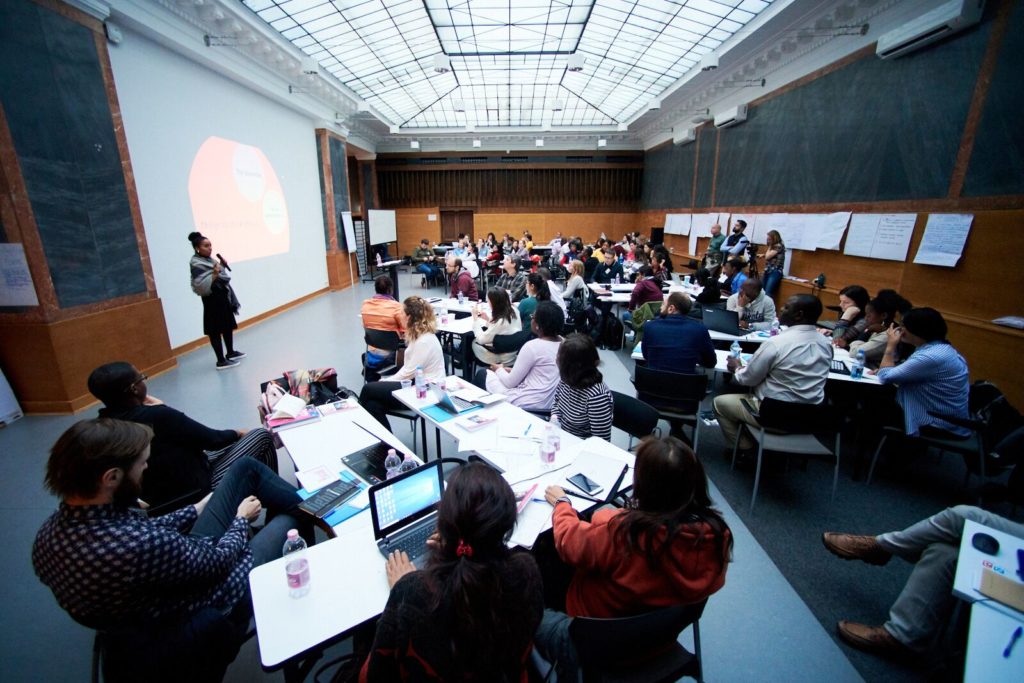
The course featured a comparative exploration of common themes across three case studies. Themes included legal empowerment methods; training, supervision of frontline staff; learning and evaluation; use of media and communications; financial sustainability; and pathways to scale.
Case Studies
The paralegal movement in the Philippines
How the movement of community-based paralegals have adapted and innovated over the decades, to bring about large-scale change in the Philippines.
Data collection and analysis for impact
How women-led and indigenous peoples’ movement of grassroots advocates, lawyers, and activists have collected, visualized and analyzed data for advocacy.
Use of technology for legal empowerment programs
How applied approaches to technology design that can be integrated in legal empowerment programs.
Cross-cutting Sessions
Session I
Introduction to legal empowerment. This introductory session will explore what we mean by legal empowerment. It will address basic concepts, history, and philosophy. The session will offer a vocabulary and a set of questions that we will return to throughout the course.
Session II
Legal empowerment, organizing and social movements. This session will explore how legal empowerment groups have combined strategic litigation and legal services with community organizing, and how paralegals and legal empowerment practitioners constitute an essential part of social movements.
Session III
Designing a strategic legal empowerment program. This session will look into the key steps and important aspects to consider in developing legal empowerment programs or in refining existing programs.
Session IV
Communications for impact. This session will tackle the use of effective communications for advocacy to present impact, and make a case for public and private investment.
You can read a detailed summary of the 2018 Leadership Course on our online forum.

